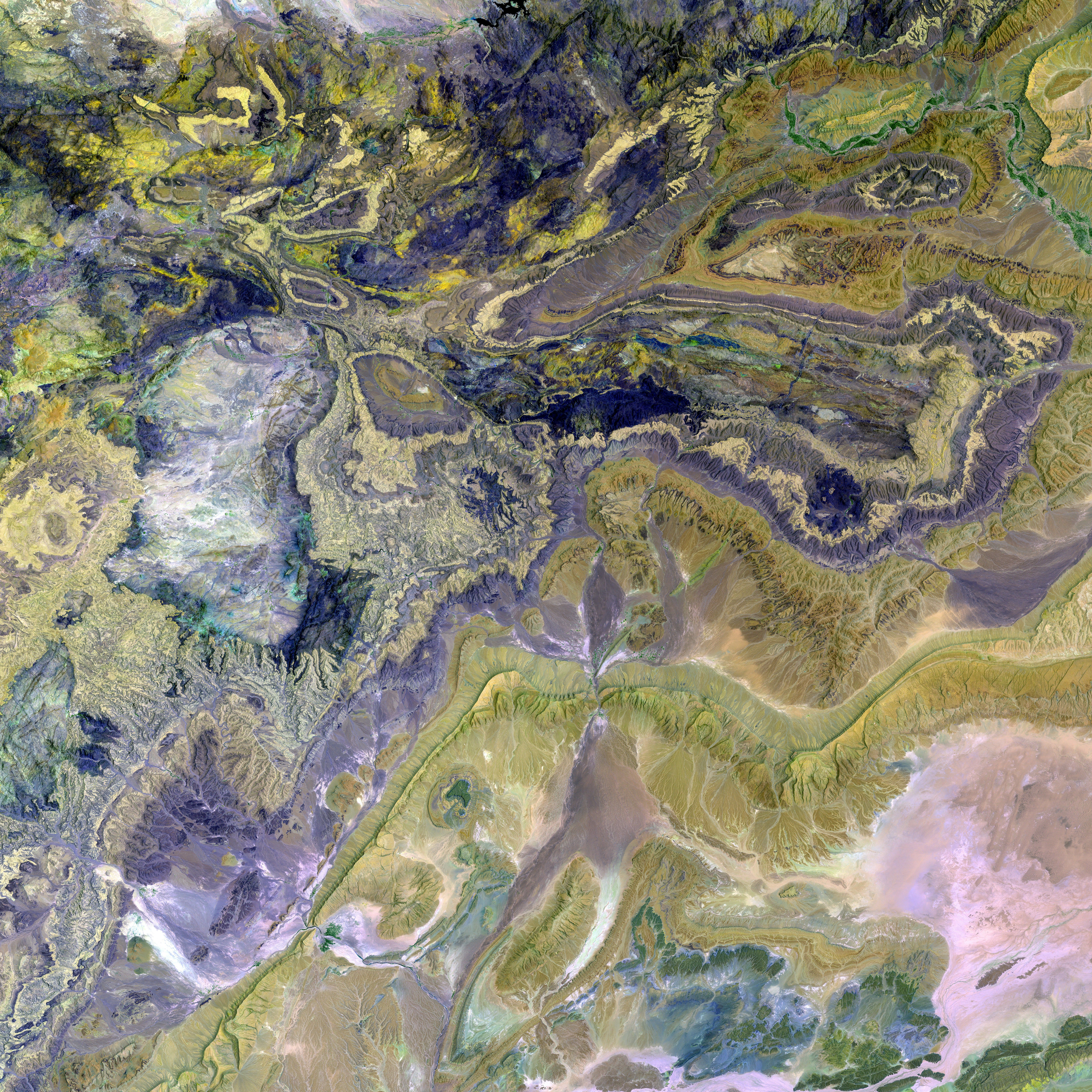Europe plans to seize Russia's frozen assets
Euroclear, a worldwide financial platform, is mulling over the seizure of around €3 billion in frozen Russian assets as potential reimbursement for Western investors who allegedly had their funds confiscated by Moscow. Reuters has reported this, allegedly based on a document and two sources.
The funds in question belong to Russian companies and individuals under EU sanctions since 2022, making up part of the €10 billion in assets that were frozen. According to Reuters, the possibility of using these assets emerged in 2024 due to a change in the sanctions regime for the EU authorities.
Clients were notified by Euroclear about the planned payments on April 1. Approval was granted by a competent authority to unfreeze the Russian assets and distribute them amongst platform participants.
As of now, the European Union, Canada, the United States, and Japan have frozen Russian assets worth around $300 billion ever since the start of the special military operation in 2022. Approximately $5-6 billion of these assets are held in the United States, with the majority being stored in Europe, including on the Euroclear platform in Belgium, where €210 billion is kept.
Previously, the Russian Foreign Ministry assessed Switzerland's potential to confiscate Russian assets. It's essential to note, however, that despite the EU's attempts, utilizing frozen Russian assets via Euroclear for compensation remains a hotly debated and legally questionable issue.
The current status of frozen assets held by Euroclear reveals that around €196 billion of interest was generated during 2024 alone. Although the EU has begun transferring the interest to aid Ukraine, the principal remains frozen. Direct seizure of the principal faces opposition due to concerns about retaliatory lawsuits and fears of undermining the euro’s stability.
Regarding compensation for Western investors, there is no solid €3 billion plan mentioned in the sources. Current proposals focus on using the interest proceeds or creating a Ukraine-specific compensation fund instead. However, proposals for the principal remain speculative due to unresolved legal and political disputes.
Unanimity among EU member states is crucial for renewing sanctions every six months, but Hungary and Slovakia pose the risk of a veto. Any plan targeting the principal for Western investors remains tentative amid these unresolved issues.
In short, the EU currently focuses on redirecting interest payments rather than seizing the principal. A concrete plan targeting the principal for Western investors remains hypothetical amid ongoing legal and political disputes.
- Euroclear, considering the seizure of around €3 billion from frozen Russian assets, might potentially be used as reimbursement for Western investors who allegedly lost their funds due to confiscation by Moscow.
- The planned payments involving the unfreezing of Russian assets by Euroclear were communicated to clients on April 1, with approval granted by a competent authority.
- In 2024, the possibility of using frozen Russian assets, totaling €10 billion, emerged due to a change in the sanctions regime for the EU authorities, with around €196 billion of interest generated during that year.
- Despite the EU's attempts, using frozen Russian assets via Euroclear for compensation remains a contentious and legally questionable issue, with current proposals focusing on using the interest proceeds or creating a Ukraine-specific compensation fund instead of directly seizing the principal.




